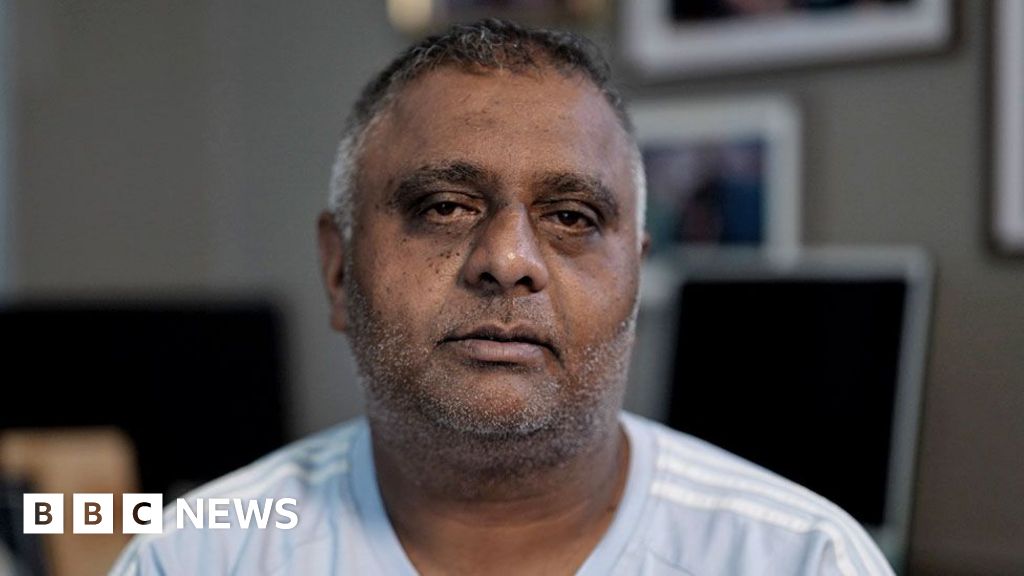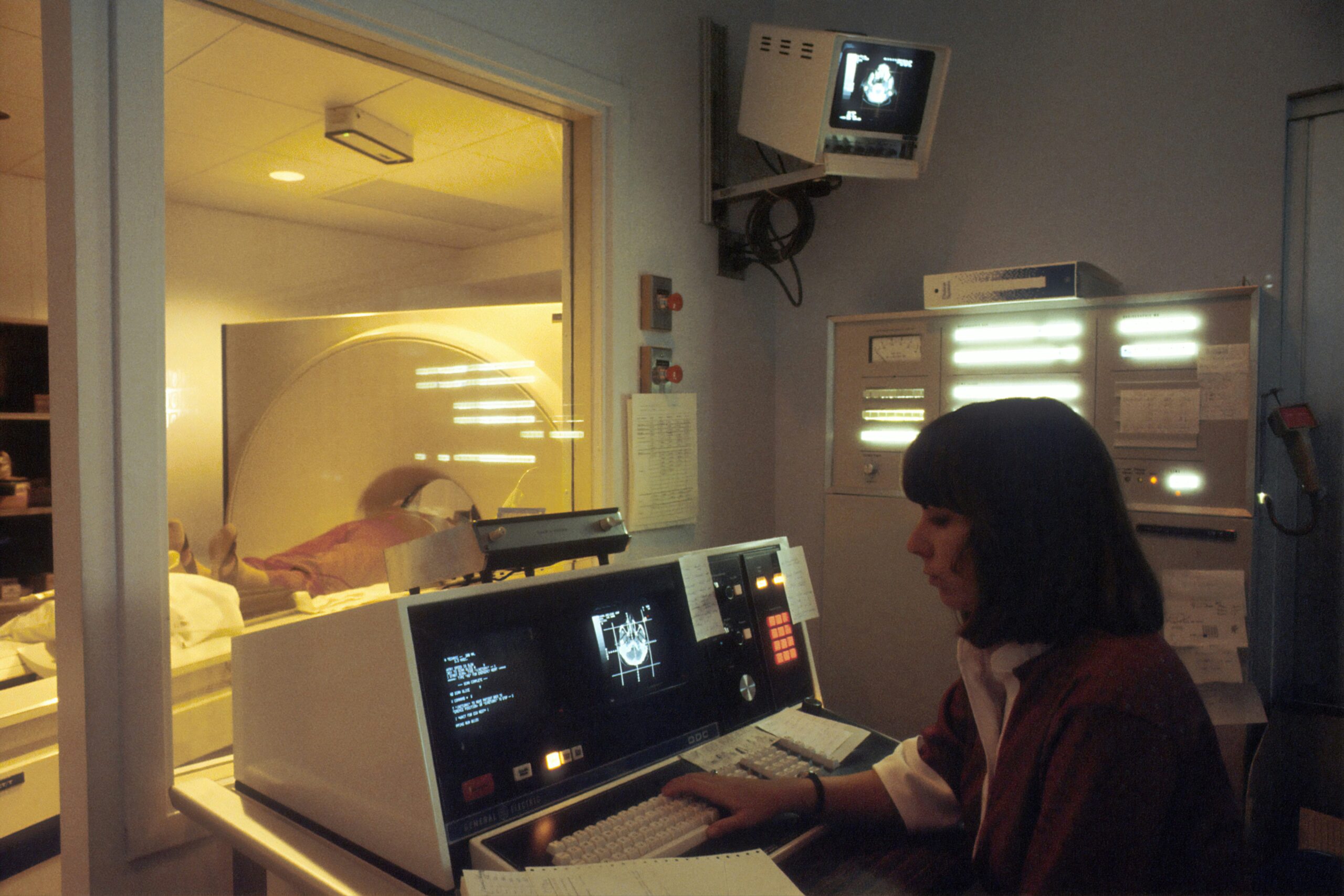
Former sub-postmaster Harjinder Butoy, a victim of the infamous Post Office Horizon IT scandal, is calling for accountability as he reflects on the years he lost to wrongful imprisonment. Butoy, who served more time in prison than any other victim of the scandal, is among those who testified in the official inquiry. With the first part of the final report due on Tuesday, Butoy expressed his hope for justice, stating, “I need someone to be punished.”
The Post Office scandal is considered one of the largest miscarriages of justice in UK history. Thousands were wrongly accused of financial discrepancies due to faults in the Horizon computer system, implemented across the Post Office network starting in 1999. Over 900 individuals faced prosecution, with 236 serving prison sentences. Butoy was convicted in 2007 for allegedly embezzling over £200,000 from his Nottinghamshire branch, a charge that devastated his life.
“We lost everything from the day I got sentenced,” Butoy recounted. “We lost our business. I had to declare bankruptcy. My wife and three kids had to move back in with my parents.” His conviction, overturned in 2021, left lasting scars, impacting his employment prospects and health. Parliament has since passed legislation exonerating all convicted individuals.
The Human Impact of the Scandal
The inquiry, led by Sir Wyn Williams, has heard from 189 individuals about the profound personal and financial upheaval caused by the scandal. Many lost their businesses, homes, and reputations. The first part of the report will focus on these human impacts and the ongoing struggle for compensation.
Wendy Buffrey and Nichola Arch are among those attending the report’s presentation. Buffrey, who owned a Post Office in Cheltenham, was suspended following a 2008 audit and later prosecuted. She was forced to sell her home and business to cover the alleged shortfall. “The publication of the report is going to be a huge day,” she said, emphasizing the need for genuine recognition of their suffering.
Arch, who managed the Chalford Hill branch, was falsely accused of theft, leading to social ostracism. Although acquitted after two years, the damage to her personal life was irreversible. “It’s like a cobweb. It just affects every single friend, family, child, you know, connected to you,” she lamented.
Compensation Challenges
For many victims, financial redress remains a pressing concern. Sir Wyn has prioritized this issue, aiming to expedite the compensation process. In an interim report, he described the existing schemes as a “patchwork quilt with some holes in it.”
“Compensation has been a painful issue,” says solicitor David Enright of Howe & Co, representing hundreds of affected sub-postmasters. “However, we are also hoping [the report] will remind people of what the real harm has been, and that is the shattering of families across the country.”
According to government figures, over £1 billion has been distributed to more than 7,300 sub-postmasters. Yet, many are still awaiting final payments, embroiled in disputes over the amounts offered. Butoy, who recently submitted his compensation claim, described the process as arduous. “Clearing our name was so good. But compensation is very hard. It’s like they don’t believe us, don’t trust us,” he said.
Looking Ahead: Justice and Accountability
Neil Hudgell, Butoy’s solicitor, warns that without improvements, full compensation could take another two to three years. His firm has facilitated over £170 million in damages for more than 300 clients, yet over 700 cases remain unresolved. Meanwhile, the criminal investigation into the scandal continues, with trials potentially delayed until 2028.
For Butoy and others seeking justice, the wait for accountability persists. The inquiry’s findings could be a pivotal step towards healing and closure for the victims, as they continue to push for those responsible to face legal consequences.







